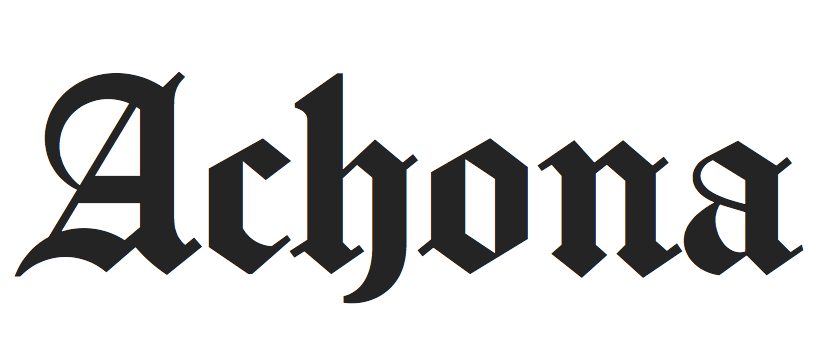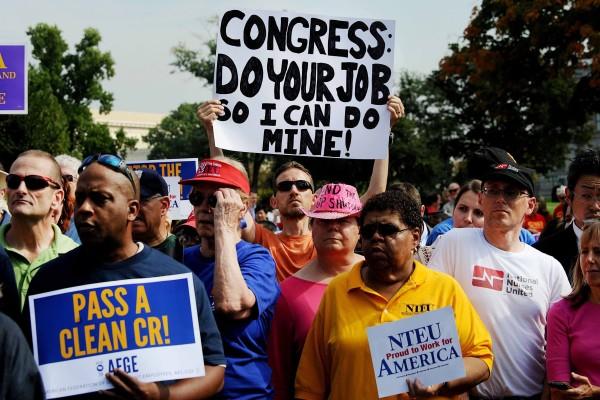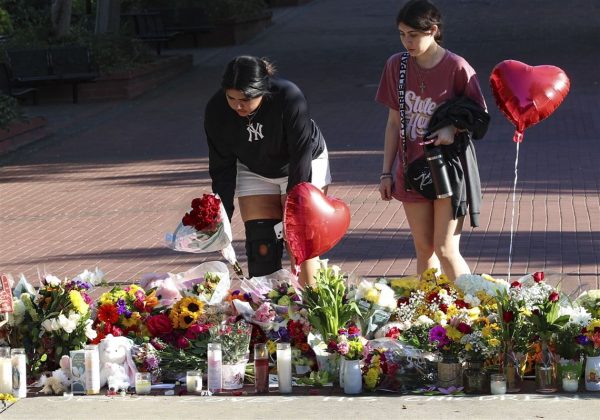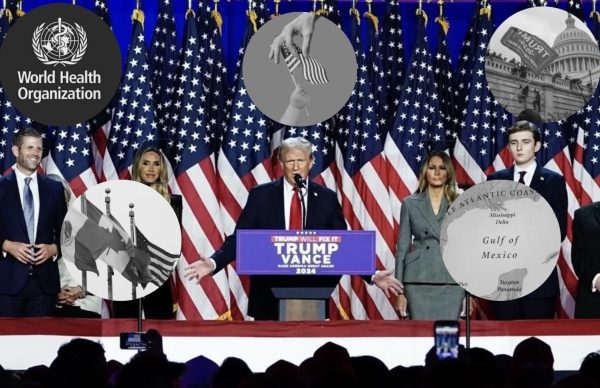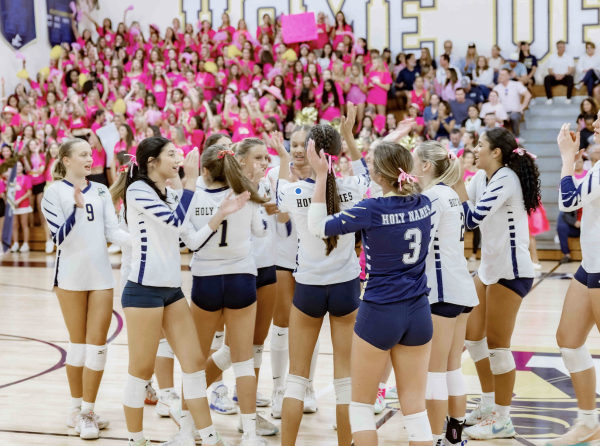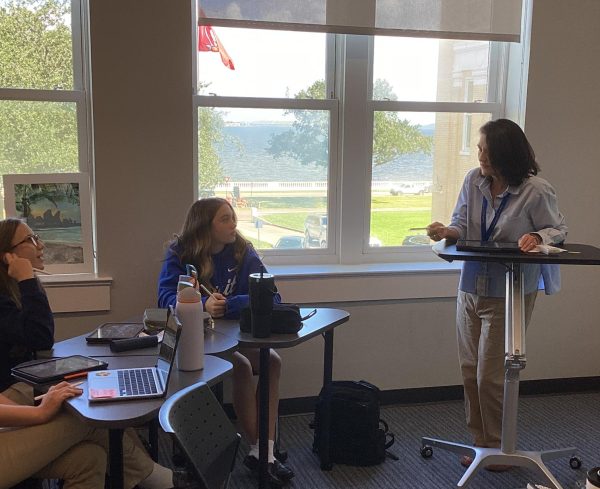Government shutdown hits home
Photo Credit: Olivier Douliery/Abaca Press/MCT
Angry protestors affected by the shutdown.
On Tuesday, October 1, 2013 at exactly midnight, the federal government shut down for the first time in seventeen years. But exactly why and how did it happen?
One of Congress’ main duties as stated in the Constitution is to pass spending bills that fund the government. Despite this critical responsibility, the House of Representatives could not agree upon a spending plan with the Senate and in one final attempt to repeal Obamacare, therefore refused to pass one.
Despite the fact that the nation’s first universal health care plan has not only been passed by Congress and upheld by the Supreme Court, a faction of the Republican Party, largely influenced by the Tea Party, is essentially holding the economy hostage and causing millions of Americans to suffer without pay in order to repeal a law that is already in effect. Their hope was for the shutdown to cause President Obama to agree to repeal at least certain aspects of Obamacare. However, the President did not waiver, as Obamacare is already in effect.
Over two million Americans are currently not receiving pay. Some of the areas affected by the shutdown include the Head Start program, which provides after school care for children, the WIC (Women, Infant and Children) program, which provides formula for babies, all major national parks and monuments, certain branches of federal security such as the Capitol police, and even NASA. Keep in mind, these are just a few major areas affected, there are many more.
One of our own members of the AHN community is connected to the shutdown’s repercussions. History teacher, Stacy Filocco, has a friend who teaches at a public school in Washington D.C. The library that provides the main means of internet access to her students is closed. In addition, Filocco’s own mother and a few of her close friends are government contractors whose current projects have been put to a halt. “Because a number of government projects [that] have been put on hold, they are subsequently not working. So temporarily, they’re still being paid by their companies, but in the next couple of weeks that could change and there could be a significant number of layoffs in those government contracting areas.”
Even some Academy families are being affected by the shutdown. Attorney Brian Anthony, father of senior, Madison Anthony is fearful of how the government shutdown will affect his clients fighting to receive social security benefits. Because of the shutdown, the social security office will have significantly less people working there. This means that information will take longer to process and it will most likely take longer for his clients to receive their payments. During this time, the social security office cannot issue new social security cards or replace old ones, replace Medicare cards, or issue proof of income letters. This means trouble not only for Anthony’s clients, but also for many other people who depend on social security payments for their income.
This also has the potential to directly affect students. For anyone working on a project in which reliable website sources are required, many websites run directly by the government are temporarily shut down. High school seniors attempting to file for student loans will have to wait for the shutdown to end, because the government can not spend any money deemed unnecessary. This shutdown could inadvertently affect a student’s grades and collegiate future.
The safety of citizens is also at risk. Agencies such as the Center for Disease Control and the Food and Drug Administration will be unable to perform their routine investigations and operations. The CDC will not be able to monitor seasonal flu activity, which determines how the vaccine program is distributed around the nation. It will also not be able to perform cross-state investigations linking disease outbreaks, which in the past has linked diseases to certain foods and contaminants. The shut down of the majority of the FDA’s food-safety oversight operations means that only programs considered high-risk recalls or funded by the industry will be monitored. This means that in the near future, you could be eating food from an unmonitored factory.
This shutdown is creating very real problems and affecting countless people across the entire country. With many people going without pay, many government resources shutting down, and many recreational locations closed, the ripple effect is obvious. Odds are somebody that you know is facing the effects of this situation.

Cassidy Whitaker is a staff writer for Achona. Her interests include current events and writing. In her spare time, she enjoys playing with her corgi and...

Madison Anthony is a staff writer for Achona. Her hobbies include reading literature, baking, and jogging. In her free time you can most likely find her...

